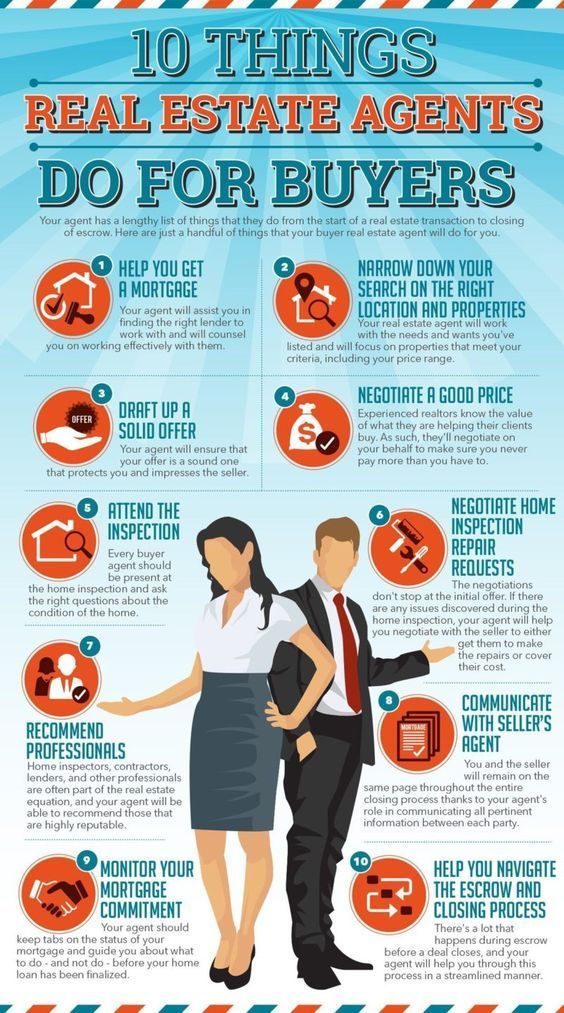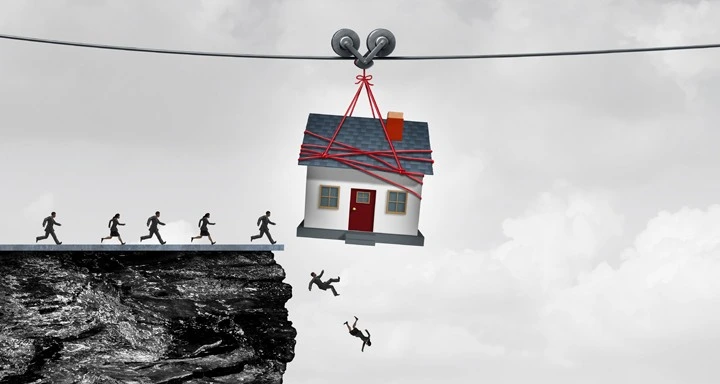Table of Content
▲
Real estate scams encompass deceitful practices involving the unauthorized sale or rental of properties. These schemes manifest in various forms, ranging from fabricated rental advertisements to deceptive property title transfers. Becoming ensnared in these fraudulent activities can result in substantial financial setbacks and emotional turmoil. Given the substantial implications of real estate dealings, it is imperative to recognize the associated risks and adopt precautionary measures.
Recognising real estate scams
Real estate scams frequently entail properties being listed at prices well below their market worth. This tactic is commonly utilized by perpetrators to lure unsuspecting victims. Moreover, scammers may avoid face-to-face meetings, preferring to communicate solely through email or phone calls. The use of aggressive tactics, such as immediate requests for deposits or other payments, is another indication of potential fraud. Furthermore, individuals may impersonate legitimate real estate agents, utilizing stolen images and counterfeit identification documents.
Types of real estate scams
There are several types of real estate scams. Read further to understand how to recognise the scam symptoms.
Rental scams
Rental scams involve individuals posing as landlords or property managers, advertising properties for rent that they do not actually own. These fraudulent listings typically offer below-market prices in order to entice potential victims. Upon expressing interest in the property, the scammer will then request an upfront deposit or payment. Subsequently, after the payment is made, the scammer ceases all communication, leaving the victim both financially depleted and without a place to reside.
Title fraud
Title fraud transpires when an imposter unlawfully acquires your identity, falsifies property documentation, and transfers the title of the property into their own name. Subsequently, they may proceed to sell the property or seek a mortgage using the fraudulent title. Meanwhile, the genuine owner is confronted with either an unrecognized mortgage or the discovery that they have lost legal ownership of their property.
Foreclosure scams
Fraudsters focus on homeowners who are experiencing difficulties with their mortgage payments. They offer assurances of rescuing the homeowner's property in return for advance fees, manipulate homeowners into transferring the deed to their property, or deceive them into directing their mortgage payments to the scammer. Regardless of the method employed, homeowners find themselves confronting foreclosure and the risk of homelessness.
Home improvement scams
In home improvement scams, individuals posing as contractors present themselves as offering repair or enhancement services for your residence. They request payment upfront and subsequently vanish without fulfilling, or sometimes even initiating, the agreed-upon work. Alternatively, they may carry out the work, but employ substandard materials or artificially inflate the final bill by adding charges for tasks that were either not completed or unnecessary.
Loan modification scams
Scammers offer struggling homeowners assurances that they can negotiate revised mortgage terms with their lender to achieve more manageable payment arrangements. They insist on substantial upfront fees but fail to take any action, ultimately exacerbating the homeowner's financial predicament.
Bait and switch scheme
This scam involves a buyer who thinks they’re purchasing a property at a certain price. At the last minute, the scammer changes the contract to reflect a higher purchase price. If the buyer doesn’t thoroughly read the final contract, they end up purchasing the property for significantly more than they originally agreed to.
Each of these scams can have serious financial implications for the victims involved, making it all the more important to stay vigilant and informed.
Protection measures
To safeguard against real estate scams, it is essential to engage in comprehensive research regarding any prospective property and the individual selling or renting it. Shielding oneself from such fraudulent activities entails a blend of attentiveness, investigation, and seeking guidance from professionals. Here are several measures one can take to enhance protection against scams:
Conduct thorough research
Before engaging in any real estate transaction, conduct thorough research on the property. This includes checking the property’s history and current status, verifying the identity of the seller or landlord and comparing the property with similar properties in the area for any inconsistencies in pricing or details.
Verify the identity of the seller or landlord
Always ensure to confirm the identity of the individual you are engaging with. This could involve verifying their credentials in the case of a real estate agent, requesting evidence of property ownership, or conducting a brief online investigation of their name and contact information to identify any warning signs.
Consult with a real estate attorney
Before signing any contracts or making any payments, consult with a real estate attorney. They can help you understand the terms of the agreement, verify the legitimacy of the contract and advise you on any potential risks.
Use secure payment methods
Never send money or make payments using insecure or non-refundable methods. Use secure payment platforms or escrow services that provide protection against fraud.
Be wary of high-pressure tactics
Scammers often use high-pressure tactics to rush you into making decisions or payments. Be wary of anyone who insists on immediate action or who refuses to give you time to conduct your research or consult with a professional.
Personal information protection
Be careful about the personal information you share. Scammers might ask for personal or financial information under the guise of running a credit check or drafting a contract. Ensure you’re only sharing this information with reliable and verified parties.
By following these measures, you can significantly reduce the risk of falling victim to a real estate scam.

Raising awareness
Raising awareness regarding real estate scams is a shared responsibility. Share information about common scam indicators within your community. Encourage your friends and relatives to remain vigilant and to promptly report any suspicious activities. Notify local law enforcement and consumer protection agencies about any suspected scams. By fostering a culture of awareness and attentiveness, we can effectively deter these deceitful practices.
Real estate scams pose a significant threat, but they can be mitigated by staying informed, exercising caution, and implementing protective measures. Remember, if an offer seems too good to be true, it likely is not genuine. By identifying scam indicators, safeguarding ourselves, and promoting awareness within our communities, we contribute to a safer environment for real estate transactions.
Also Read: Budget 2024 Impact on Real Estate: Developer's View



_1772441702.webp)


Ans 1. Report your suspicions to local law enforcement and your state's consumer protection agency. Consult with a real estate attorney if you've already engaged in a transaction.
Ans 2. Always verify the identity of the seller or landlord. Ask for proof of ownership and consult with a real estate attorney.
Ans 3. Common types include rental scams, title fraud, foreclosure scams and home improvement scams.
Ans 4. Never send money before verifying the property and the landlord. Request a tour of the property and ask to see proof of ownership.
Ans 5. Contact your local law enforcement agency and your state's consumer protection agency. Additionally, it's advisable to seek guidance from a qualified real estate lawyer.
Ans 6. Share information about these scams with your community. Report any suspicious activity to the authorities and encourage others to do the same.